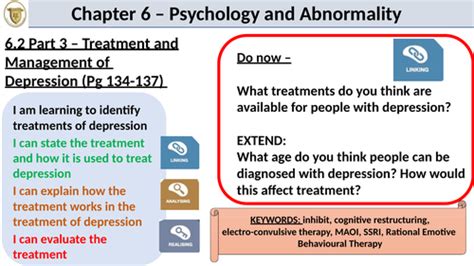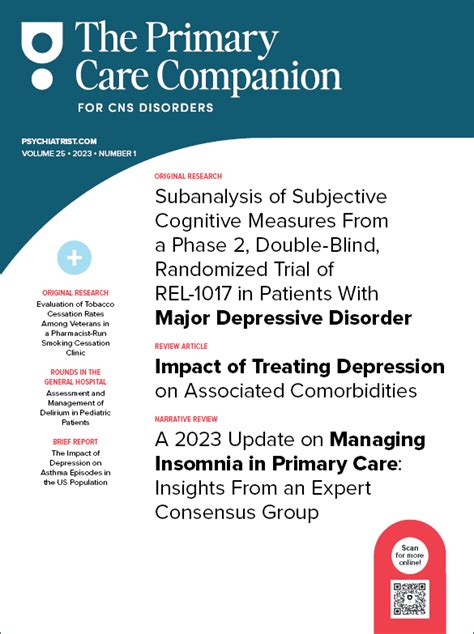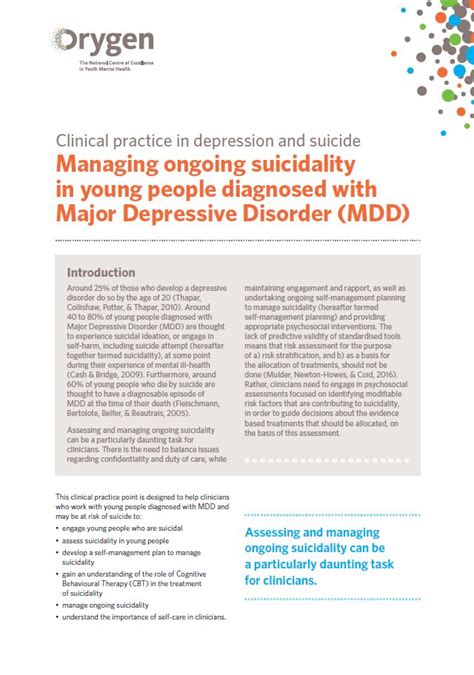In today’s dynamic real estate landscape, understanding market trends is crucial for successful investments and decision-making. A comprehensive market study offers valuable insights into buyer behavior, property values, and future growth areas. This article draws on the expertise of industry professionals to explore how market studies in real estate provide a strategic advantage. By examining current trends, key metrics, and the role of technology, we aim to shed light on the importance of staying informed in this ever-evolving sector. Whether you’re an investor or a first-time buyer, mastering the nuances of real estate market analysis is essential for long-term success.
Delve into this topic with hopasblog.com for a comprehensive understanding.
1. Introduction to Market Study in Real Estate
A market study in real estate is a comprehensive analysis of the conditions affecting the real estate market in a particular area. It serves as a valuable tool for investors, developers, and buyers, helping them make informed decisions based on data-driven insights. The study typically encompasses a wide range of factors, including property demand and supply, pricing trends, buyer demographics, and economic indicators that may impact market performance.
Understanding market studies goes beyond just tracking property prices; it involves analyzing the various components that drive market dynamics. This includes evaluating factors such as employment rates, population growth, interest rates, and infrastructure development, all of which play a crucial role in shaping real estate opportunities.
Additionally, a well-conducted market study identifies emerging trends, future growth areas, and potential risks, enabling stakeholders to stay ahead of the competition. With the real estate market being highly localized, each region or city can have unique characteristics that require a tailored approach to analysis.
For real estate professionals, investors, and even individual buyers, having access to a detailed market study provides a clearer understanding of the market’s strengths, weaknesses, opportunities, and threats. In essence, a thorough market study equips individuals with the knowledge needed to make informed real estate decisions, whether for short-term gains or long-term investments.

2. Expert Profiles
In this section, we highlight the profiles of leading experts in the real estate industry who have made significant contributions to market studies and analysis. These professionals come from various backgrounds, including real estate investment, economics, urban development, and data analytics, offering diverse perspectives on how to navigate the complexities of the market.
One such expert is Sarah Mitchell, a real estate economist with over 15 years of experience in analyzing property markets across major U.S. cities. Her insights into the impact of economic shifts on property values have been widely recognized by investors and industry leaders.
Another key figure is David Chen, a real estate investor and developer with a strong focus on identifying emerging markets. David’s ability to predict market trends and spot opportunities in underdeveloped areas has led to successful large-scale projects that transformed neighborhoods.
We also feature insights from Maria Lopez, a data analyst specializing in real estate market trends. Her work focuses on leveraging big data and technology to provide detailed forecasts that aid investors and developers in making informed decisions.
These experts, among others, contribute their knowledge and experience to provide a well-rounded understanding of the essential elements of conducting a thorough real estate market study.

3. Current Market Trends
The real estate market is constantly evolving, shaped by various economic, demographic, and technological factors. Currently, a few key trends are dominating the landscape. One prominent trend is the growing demand for suburban properties as remote work continues to influence where people choose to live. Buyers are seeking more space, particularly in regions offering a balance between affordability and quality of life.
Another trend is the increasing influence of technology in property transactions. From virtual tours to digital closing processes, tech is transforming the way buyers and sellers interact in the market, making the process more efficient.
In terms of investment, there is a heightened interest in sustainable and green properties. Investors and developers are prioritizing eco-friendly designs and energy-efficient buildings, driven by consumer demand and government incentives.
The combination of these trends, alongside fluctuating interest rates and shifts in population dynamics, is setting the tone for current and future developments in real estate. Staying informed on these changes is key to successful market participation.

4. Key Metrics for Market Analysis
When conducting a market study in real estate, understanding key metrics is essential for accurate analysis and decision-making. Several primary metrics offer valuable insights into market conditions and potential opportunities.
One critical metric is property price trends, which reflect shifts in demand and supply within specific regions. Monitoring changes in average sale prices, price per square foot, and year-over-year growth rates can reveal whether a market is appreciating or declining.
Another important metric is inventory levels, which track the number of available properties on the market. Low inventory typically indicates a seller’s market with rising prices, while high inventory may suggest a buyer’s market with more negotiating power for purchasers.
Absorption rates are also crucial for understanding market health. This metric measures how quickly properties are sold in a given market over a specific time frame. A high absorption rate suggests strong demand, while a lower rate may indicate a slowdown.
Additionally, rental yield and occupancy rates provide insights into the investment potential of a property. Strong rental demand with high occupancy levels can indicate profitable opportunities in rental markets.
By focusing on these key metrics—price trends, inventory, absorption rates, and rental yields—real estate professionals can make more informed decisions and better assess market dynamics.
5. Impact of Economic Factors
Economic factors play a significant role in shaping real estate markets, influencing everything from property values to buyer behavior. One of the most important factors is interest rates, which directly affect mortgage affordability. Lower interest rates typically stimulate demand as buyers find it easier to finance homes, while higher rates can dampen market activity by increasing borrowing costs.
Employment rates and wage growth also have a profound impact. A strong job market boosts consumer confidence, enabling more people to enter the housing market, while wage stagnation or high unemployment can slow demand.
Inflation is another key factor, often leading to higher construction costs and property prices, which can affect both affordability for buyers and profit margins for developers.
Additionally, government policies, such as tax incentives or subsidies for homebuyers, can stimulate market activity. Understanding how these economic variables interact is crucial for accurately assessing current conditions and predicting future trends in the real estate market.
6. Regional Market Variations
Regional variations play a crucial role in real estate market dynamics, as different areas can exhibit vastly different trends depending on local economic conditions, population growth, and government policies. For instance, urban markets often face high demand and rising property prices due to limited space and ongoing development. In contrast, rural and suburban markets might experience slower growth but attract buyers seeking affordability and more space, particularly in the post-pandemic landscape.
Coastal regions, for example, are frequently influenced by tourism and foreign investments, often driving up property values. Meanwhile, regions rich in natural resources may see booms in demand driven by industries like mining or energy.
Additionally, states and cities with favorable tax laws or incentives for homebuyers and investors tend to draw more interest, stimulating market growth. Infrastructure development, such as new transportation hubs, also significantly impacts regional markets by increasing accessibility and desirability.
Understanding these regional variations is essential for anyone participating in the real estate market, as localized factors can create unique opportunities or challenges depending on the area.
7. Role of Technology in Market Studies
Technology has revolutionized market studies in real estate, enhancing how data is collected, analyzed, and utilized. Advanced data analytics tools allow professionals to process large volumes of information quickly, providing deeper insights into market trends and buyer behavior. Geographic Information Systems (GIS) are particularly valuable, enabling detailed spatial analysis to identify emerging market opportunities and assess regional variations.
Virtual tours and 3D modeling have transformed property viewing, making it easier for buyers and investors to explore listings remotely. This technological advancement expands market reach and improves the efficiency of property evaluations.
Additionally, artificial intelligence (AI) and machine learning algorithms are increasingly used to predict market trends and automate property valuation processes. These technologies help identify patterns and forecast future market movements with greater accuracy.
By leveraging these technological tools, real estate professionals can conduct more thorough market studies,
8. Future Predictions
Future predictions in the real estate market are shaped by current trends, economic indicators, and technological advancements. As remote work continues to influence living preferences, we expect a sustained demand for suburban and rural properties. Buyers will increasingly seek homes with dedicated workspaces and access to nature, driving up property values in these areas.
Technological advancements will further revolutionize the market. Artificial intelligence and big data analytics are anticipated to enhance market predictions and property valuations, making it easier for investors to identify profitable opportunities. Smart home technology will become more prevalent, with energy-efficient and automated systems becoming key selling points.
Economic factors, such as potential changes in interest rates and inflation, will continue to impact market conditions. A rise in interest rates could slow down housing demand, while economic growth and job creation may stimulate it.
Additionally, sustainability will play a larger role, with eco-friendly and green building practices gaining traction. Future market studies will need to account for these evolving preferences and innovations to provide acc
9. Best Practices for Conducting Market Studies
To conduct effective market studies in real estate, adhering to best practices is essential. Start by defining clear objectives and identifying the key metrics relevant to your analysis, such as property prices, inventory levels, and absorption rates. Collect data from reliable sources, including market reports, economic indicators, and local real estate databases, ensuring accuracy and relevance.
Leverage technology by utilizing advanced analytics tools and Geographic Information Systems (GIS) to enhance data analysis and visualization. Incorporate diverse data sets, including demographic trends and economic forecasts, to provide a comprehensive view of the market.
Regularly update your analysis to reflect current conditions and emerging trends, and validate your findings through cross-referencing with industry experts and market participants. Lastly, present your findings clearly and concisely, using visual aids such as charts and graphs to support your conclusions. Following these practices will improve the accuracy and usefulness of your market studies, aiding better de
10. Conclusion and Expert Advice
In conclusion, a thorough market study is indispensable for navigating the complexities of the real estate sector. By understanding and analyzing key metrics, economic factors, and regional variations, stakeholders can make informed decisions that align with current and future market conditions. Technology plays a pivotal role in enhancing the accuracy and efficiency of market studies, offering tools for advanced data analysis, virtual property tours, and predictive analytics.
Experts in the field emphasize the importance of staying updated with evolving trends and technological advancements. Sarah Mitchell highlights the need for continuous monitoring of economic indicators and interest rates to anticipate market shifts. David Chen advises focusing on emerging markets and opportunities driven by infrastructural developments. Maria Lopez stresses the value of leveraging big data to gain deeper insights into market dynamics.
For those conducting market studies, incorporating diverse data sources, utilizing advanced analytical tools, and regularly updating your analysis are crucial best practices. By adhering to these strategies and considering expert advice, real estate professionals and investors can effectively navigate the market, identify valuable opportunities, and make strategic decisions that d
hopasblog.com